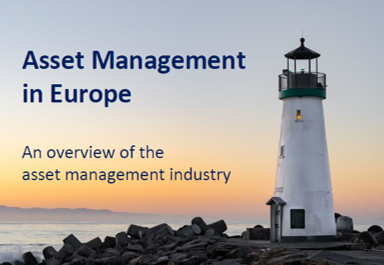Capital markets
Investment managers, acting on behalf of their retail and institutional clients, are among the largest investors in financial markets. They represent a key component of the market’s “buy-side” segment.
In representing the interests of its members on wholesale capital market issues, EFAMA advocates for fair, deep, liquid, and transparent capital markets, supported by properly regulated and supervised market infrastructure.
EFAMA response to ESMA's CP on MiFIR report on Systematic Internalisers in non-equity instruments
EFAMA Reply: ESMA CP on review report MiFIR transparency regime for equity, ETFs & other related instruments
EFAMA's response to the EU Commission's public consultation on the review of the EU Benchmark regulation
Providing access to ISAs is key for turning European savers into investors
EFAMA emphasizes the importance of a bottom-up approach
European Stock Exchanges' Over-Reliance on Equity Market Data Revenues: Stifling Growth and Innovation
Rising data fees to offset declining trading revenue burden market participants with surging costs
EC Targeted consultation on the functioning of the EU securitisation framework
The EU Securitisation Regulation, which aimed to enhance transparency and strengthen trust, is undergoing a very timely review. EFAMA supports the European Commission’s initiative to engage stakeholders in shaping key improvements to this critical framework.
3 Questions to Rudolf Siebel on Market Data Costs
Q #1 Have you witnessed an increase in the cost of market data over the last couple of years? If so, how can it be explained?
Asset Management Report 2019
The EFAMA Asset Management in Europe report aims at providing facts and figures to gain a better understanding of the role of the European asset management industry. It takes a different approach from that of the other EFAMA research reports, on two grounds. Firstly, this report does not focus exclusively on investment funds, but it also analyses the assets that are managed by asset managers under the form of discretionary mandates. Secondly, the report focuses on the countries where the investment fund assets are managed rather than on the countries in which the funds are domiciled.



































